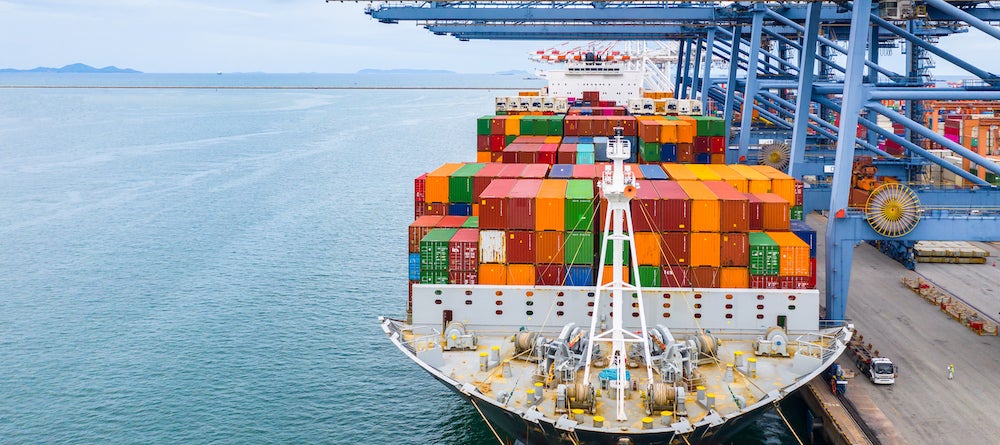Vendor Due Diligence Tip Sheet
How well do you know your supply chain?
Minimize risk by conducting thorough due diligence of your suppliers.
Your agency checks out the customers with which you do business. You make sure they’re running legitimate, ethical businesses and their credit history is solid. But what about your suppliers? Could vendors be putting your agency at risk?
You’re responsible not only for the lawfulness of your agency but also for the actions of businesses in your supply chain, no matter where they’re located. The globalization of business increases the level of compliance risk government agencies. From anti-bribery and corruption laws, to sanctions regimes and PEPs, you need to stay alert to possible threats to your agencies reputation.
In today’s unforgiving regulatory climate, due diligence of vendors is critical. You’re expected to identify, assess, monitor and mitigate risks throughout your supply chain. Here are some tips to help you in your evaluation of third-party vendors:
If the business you’re researching is fewer than five years old or is a small company, as so many are, you likely won’t find all the information you need in their credit history. Alternative data sources can help you fill in the blanks and give you a more comprehensive understanding of the company.
The information you have on a business shouldn’t be limited to what the business tells you. Whether intentional or not, self-reported data may not be inaccurate or incomplete. Ideally, you want access to thousands of public records sources so you can validate and supplement your data on the company.
Looking at a business as a single entity ignores its connections to other entities, which may or may not be concerning. If the business has ties to other businesses that appear to be involved in questionable activities, your investigation needs to extend farther.
A business is only as ethical and lawful as its officers. If the company you’re researching is run by suspicious individuals whose background or character is dubious, buying from that supplier is not a good idea.
Regardless of how meticulous your due diligence at vendor onboarding, your research can’t end there. You’re responsible for monitoring your suppliers. If they make any changes that increase their risk level, you’ll want to know about it.
In 2019 President Trump issued Executive Order 13873 aimed at preventing economic and industrial espionage against the U.S. Your vendors need to be aware of the order and fully compliant or you could be penalized for violations by the Secretary of Commerce.
Before buying from a supplier, you need a complete risk profile of the vendor and its owners. Waiting until a problem emerges is perilous and could result in fines, sanctions and severe reputational damage. The above tips should help you to be more thorough and proactive.
Don’t take a chance of working with any entity that could be involved in illegal practices. With access to critical business intelligence and the right solutions, you can make informed—and safe—decisions.
Want to know more? Read the full tip sheet, 6 Tips for Conducting Vendor Due Diligence and Reducing Risk in Your Supply Chain.

